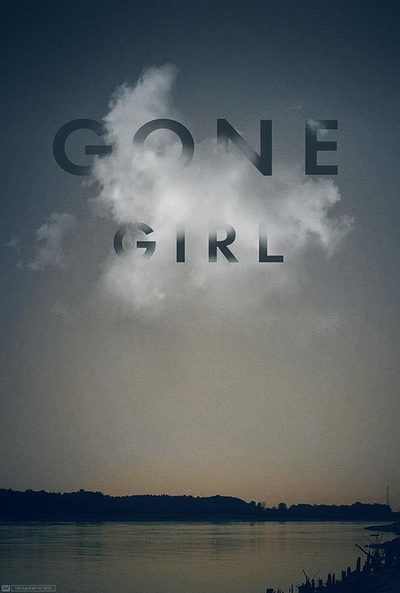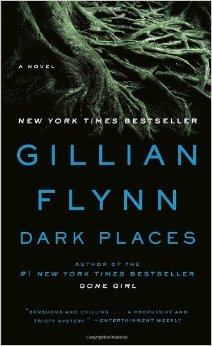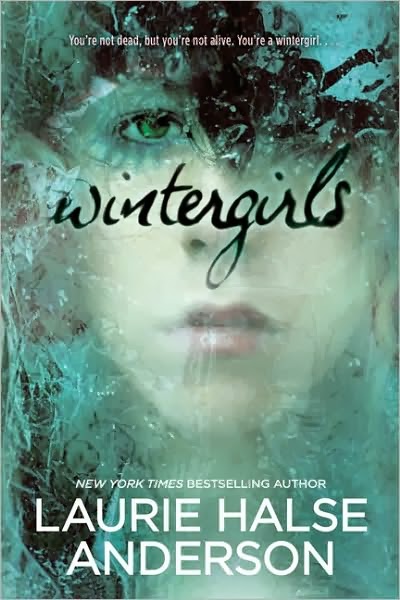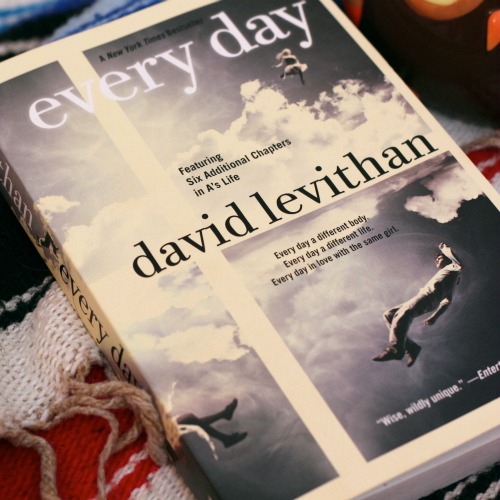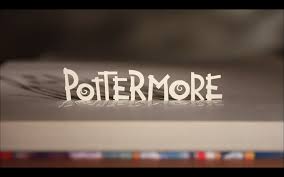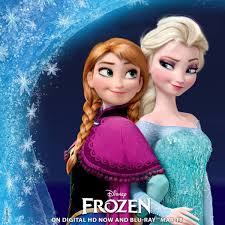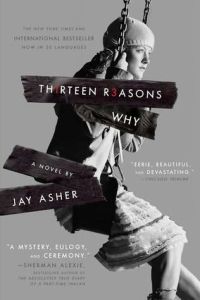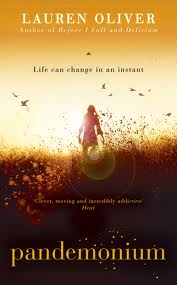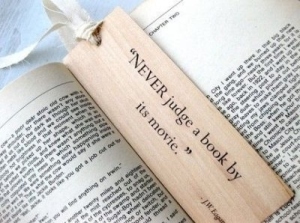
So, I have to admit it; I am a total book snob. And by this I mean that whenever a book that I like is turned into a film, it is never good enough. I constantly compare every scene to that of the book, get mad when they dare to change anything mildly important, and get irritated when they miss things out. And I know that this is a horrible habit, and I really need to try to open my mind and enjoy the film for what it is, instead of holding it up to a higher standard. It is often impossible to fit every single thing into a film (without making it 4 hours long, that is), and even if you could, why would you want to? Turning a book into a film isn’t about making an exact copy, but about creating a piece of cinema based on a book.
Here is a list of some books that I felt especially enjoyed, and how I felt in turn about the films:
Harry Potter – This is the Holy Grail of books-turned-into-films, as Harry Potter was my absolute favourite childhood book (as I’ve already stated, here and here), and so you can imagine my excitement when they were turned into films. My reaction to these films varies from being overjoyed to being borderline furious; don’t even get me started on Harry snapping the Elder Wand in half or Voldemort punching Harry in the head. But I do love how the films (much like the books) age with their audience, and gradually get darker and more sinister.
Twilight – To be honest, I’ve begun to forget how much I first loved these books, and the raw, undeniable romance I found within the pages. Most of the good parts of the Twilight films are horribly overshadowed for my complete distaste for Kristen Stewart, and her peculiar, emotionless style of acting.
Never Let Me Go – Kazuo Ishiguro’s novel Never Let Me Go is one of my all-time favourite books; it is a dystopian novel (a genre which I quite clearly love), and the ideas it inspires within the reader are very hard to let go of – it makes you question the very fabric of our society, and what it truly means to be human. Although I felt this film didn’t quite hit the spot of the book, it was nonetheless inspiring
The Hunger Games – This is one of the very few books film adaptations that I felt really did the book justice. The settings, costumes, plot and characters were all on point, and Jennifer Lawrence is one of the few actresses whom I felt truly captured the essence of a character from a novel; she just was Katniss Everdeen. I absolutely love The Hunger Games, and it just got better with the second film – I can’t wait for the third!
Divergent – I’ve talked about this book before, and how it was the first book in a very long time that gave me those teenage-obsession type of feelings, where it was literally all I could think or talk about whilst I was reading it. The whole Divergent trilogy is so powerful and moving, and although the film didn’t quite tick all the boxes for my needy book-to-film demands, it was a mighty good film adaptation nonetheless.
Of Mice and Men – Amazing. John Malkovich is a god.
The Help – Ditto for Emma Stone.
The Great Gatsby – There were a lot of mixed reviews about the release of The Great Gatsby last year, but despite the disturbing amount of times Leonardi Di Caprio says ‘old sport’, I thought Baz Luhrmann did an incredible job with the set, the costumes and the general aura of wealth and exuberance within the film.
The Book Thief – I loved the concept for this book; a story narrated by Death? Definitely original. But as anyone who has read the book will know, Markus Zusak has a curious approach to storytelling, as he reveals about halfway through that one of the main characters will die, and then later reveals that practically everyone is going to die. I wasn’t sure how this could be adapted into a film without completely spoiling the ending, but the finished product was absolutely beautiful.
Gone Girl – this film is hitting the big screens in 2014, and I personally cannot wait. So far I think the cast list looks fantastic; Rosamund Pike has an ethereal, stunningly beautiful façade matched with the acting ability to play such a complex character as Amy. But the trailer for the film… well, it was not what I expected. At all. This film is going to be incredible, I can tell that much from what we did get to see from the trailer, but I just think that if you hadn’t read the book, you would probably have no idea what the film is about. Which is a shame, as the actual plot is so thrilling, with that undeniable pull that would bring in big audiences.
